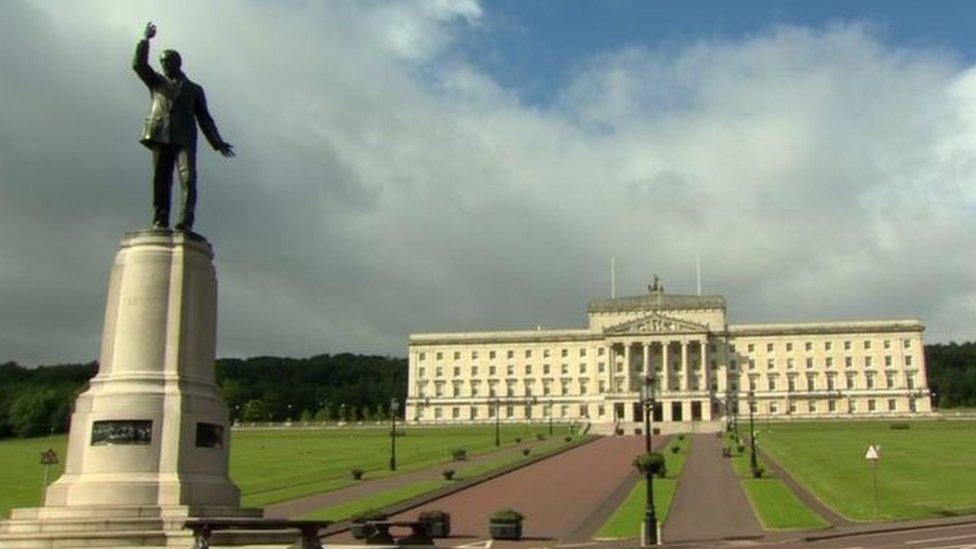Stormont special adviser codes of conduct 'demonstrably failed'
- Published
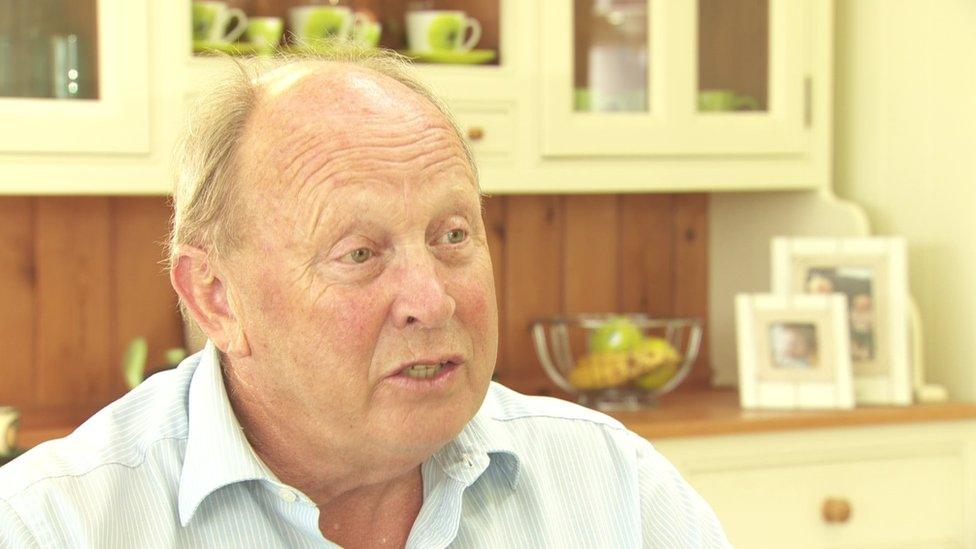
Mr Allister assembly bill seeks to tighten accountability around spads
Codes of conduct for Stormont special advisers (Spads) have "demonstrably failed" and must be replaced with legislation, Jim Allister has said.
The TUV leader was speaking as his proposed bill to tighten the rules on Spads was being debated in the assembly.
He drafted the legislation to address a number of issues raised during the Renewable Heat Incentive (RHI) inquiry.
It aims to cut the number of Spads and put codes of behaviour into statute.
One of the measures in the Functioning of Government (Miscellaneous Provisions) Bill would see the number of Spads serving the first and deputy first ministers and their junior ministers cut from eight to six.
It would also put the codes dictating their appointment and salaries into law, and create a new criminal offence if advisers leak information or use unofficial emails to conduct government communications.
The RHI - or cash for ash - scandal involved failings in the handling of a green energy scheme: The inquiry, carried out in 2018, revealed that codes managing their appointment and conduct had not always been followed.
Mr Allister told assembly members (MLAs) his legislation was necessary in order to ensure failings exposed during the RHI inquiry could not happen again.
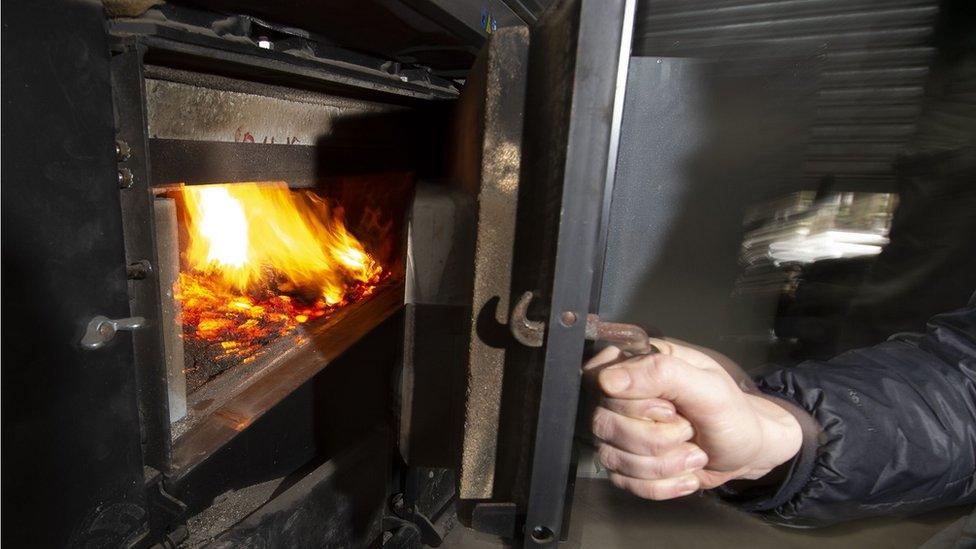
The RHI scheme paid businesses to switch from oil and gas to environmentally-friendly heating
"RHI may have been eclipsed by the Covid-19 pandemic, but issues which arose cannot be glossed over by this house," he said on Tuesday.
"This house needs to address and grasp hold of them."
Chair of the finance committee, Ulster Unionist leader Steve Aiken, said the "lived experience" seen since devolution was restored in January, showed reform had not been embraced by the executive.
He argued that the bill "is regrettable but a necessary measure to restore a degree of confidence in the Northern Ireland Executive".
'Picking apart the institutions'
Sinn Féin's Maoliosa McHugh said his party did not support the legislation, as it amounted to "fundamentally changing the role of Spads and picking apart the institutions".
But DUP MLA Paul Frew argued that his party "wants to see reform" and would back the legislation's principles.
"My party is up for reform... my party acknowledges that there have been mistakes made in the past," he added.
The SDLP's Matthew O'Toole said the parties should "not fall into the trap of implying Spads are a bad thing", but added that there were "real issues" about how they functioned at Stormont.
Alliance's Andrew Muir argued that his party supported the wider objectives of the bill in relation to accountability; however he said Alliance could not back all of the plans being put into statute.
The debate on the bill lasted into the early hours of Wednesday morning, and passed after a number of votes on some amendments.
It means the legislation is a step closer to becoming law, and could receive royal assent in the new year.
- Published26 September 2020
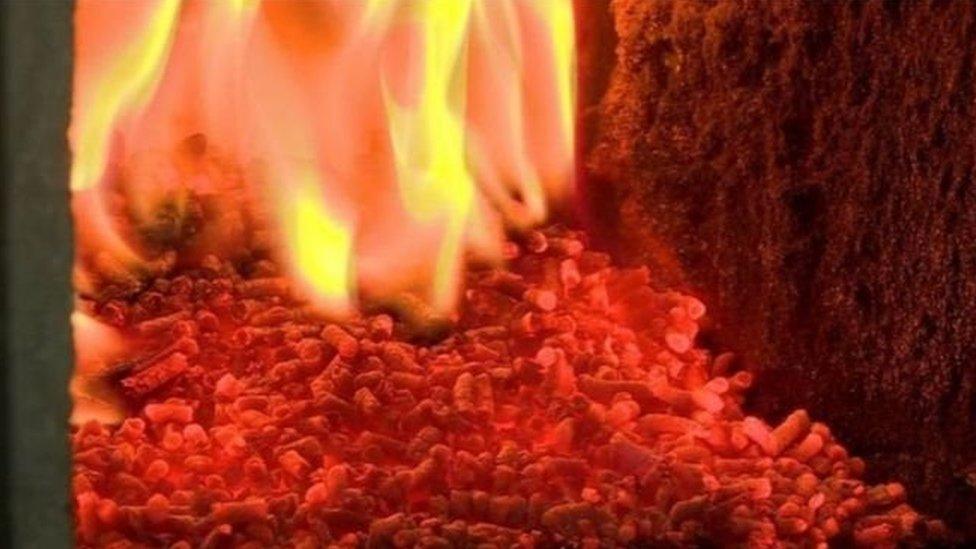
- Published17 January 2020
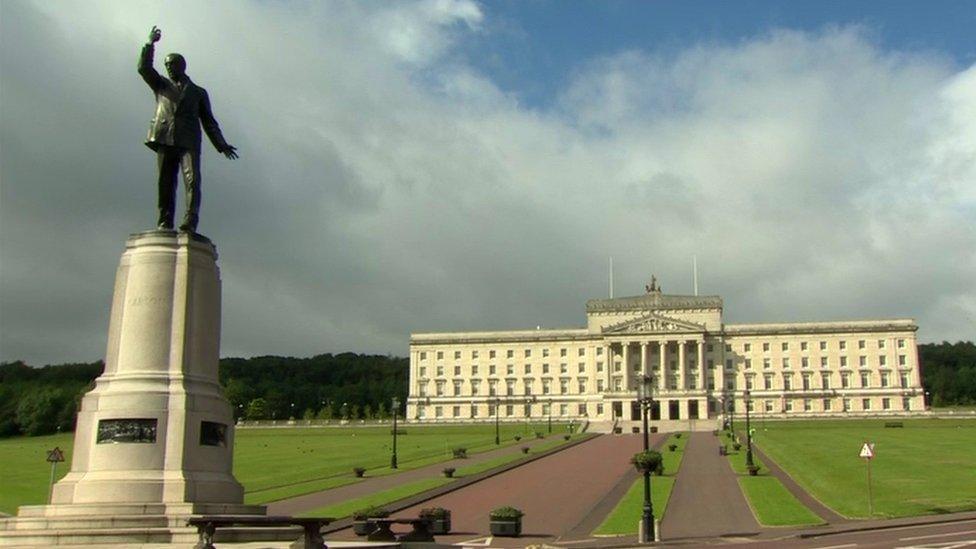
- Published14 February 2020
